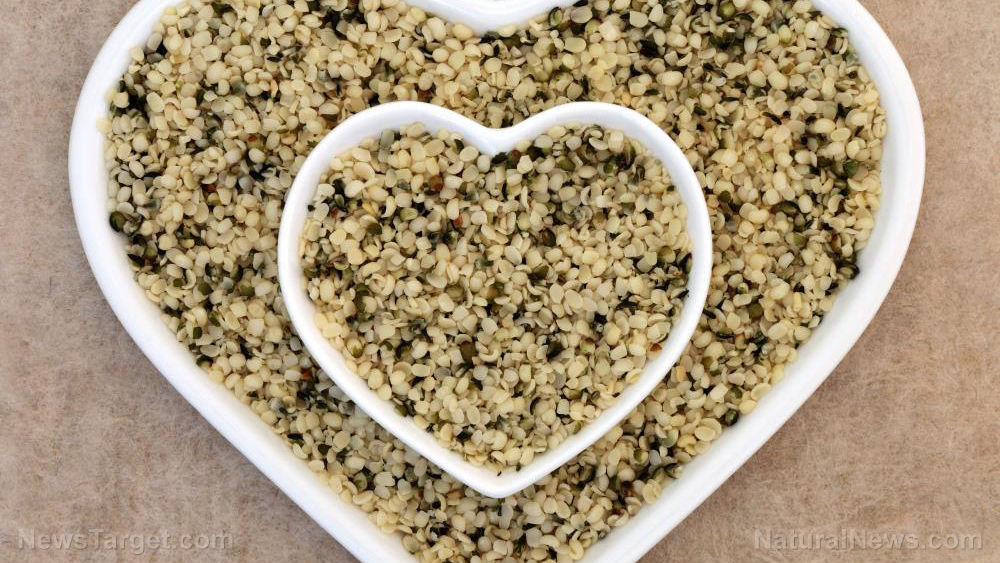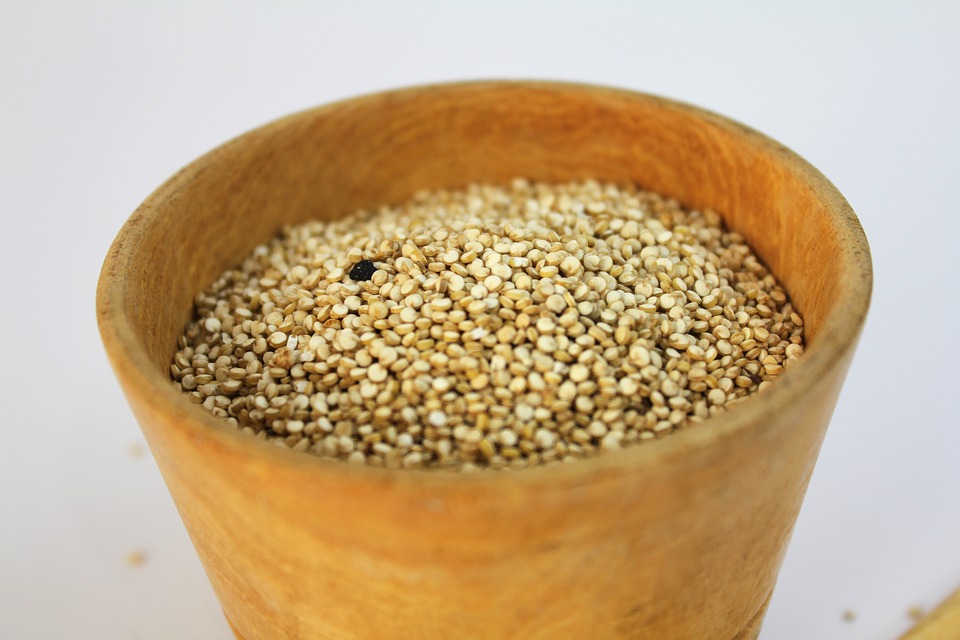GOOD FATS HEAL: After conventional medicine failed, five-year-old cured of epilepsy by eating hundreds of avocados
02/11/2018 / By Isabelle Z.

Sometimes eating the right foods can do a lot more to heal people than taking medication, as was illustrated recently by the remarkable turnaround of an epileptic British girl.
Five-year-old Leafy Liu suffered from severe epilepsy from the time she was a baby, often suffering as many as 60 seizures per day. Conventional medicine was not able to stop the seizures, so her family decided to seek alternative treatments.
After learning that the way in which our bodies burn up carbohydrates can trigger seizures in people with epilepsy, they decided to try switching her to a ketogenic diet. This way of eating includes lots of fats and a very limited amount if carbohydrates. Some of the foods allowed include eggs, fish, poultry, meat, leafy greens, and non-starchy vegetables. Full-fat organic dairy products are also recommended. A small amount of fruit is permitted, and sugars and refined carbs are very limited.
After four years of going on the diet and eating a minimum of two avocados per day, the girl now has four seizures per year, which is a dramatic improvement. Her parents estimate they’ve spent around £1,200 on the avocados she has eaten so far, and their investment has clearly paid off.
At first, they thought the seizures were something that she would grow out of. She was just six months old when she had her first one. The 25-minute attack was terrifying, and she ended up hospitalized afterward.
Her mother says that she stops responding and making eye contact during seizures, with her face fixing in one direction and her body shaking. The ordeal was also exhausting for Leafy, who would sleep for hours after each attack. While some were short, others would last as long as half an hour, and they were growing in frequency and severity.
In addition, Leafy seemed to catch colds and fevers often, which would trigger even more seizures. The family tried to move from the U.K. to Australia in hopes that the warmer weather would help her, but she had to be rushed to the hospital for a huge seizure right after their plane landed in the country. Once there, her problem grew worse and she was officially diagnosed with epilepsy.
Dramatic changes after just two days on Keto diet
Worried about the side effects of anti-epilepsy drugs, they started her on the ketogenic diet. To their surprise, the change was noticeable in just two days. She was happier and more relaxed, and her seizures dropped off significantly.
According to a study published in the journal Neurology, 79 percent of patients who went on the Ketogenic diet stopped having seizures as a result. Other statistics cited by the Epilepsy Foundation show that as many as 15 percent of children can become seizure-free by making this change, while more than half of kids who go on the diet will note their seizures reduced by at least half.
Because the diet lowers a person’s intake of carbohydrates, the body goes into a state called ketosis and produces ketones by breaking down fats in the liver. It is believed to burn ten times the amount of fat that a standard diet does, even in the absence of exercise.
According to the Epilepsy Foundation, this diet can be helpful when children with seizures do not respond to medication. Studies have shown that it can help epilepsy conditions like Rett syndrome, Dravet syndrome, GLUT-1 deficiency, infantile spasms, Doose syndrome, and tuberous sclerosis complex.
It is often used under the guidance of dieticians because children need to eat the correct number of calories while ensuring they get 90 percent of their calories from fat. It might be challenging to adopt the diet in the beginning, but it’s far better than the side effects that come with seizure medications.
Sources for this article include:
Tagged Under: avocados, brain health, brains need fat, Epilepsy, fresh veggies, Good fats, healing, Keto, keto diet, ketogenic diet, ketones, natural remedies, neurology, nutrients, nutrition, seizures
RECENT NEWS & ARTICLES
COPYRIGHT © 2017 WHOLE FOODS NEWS




















